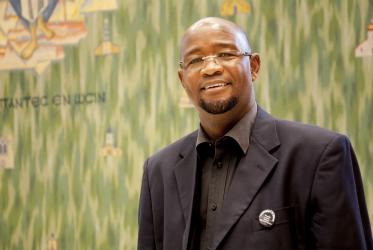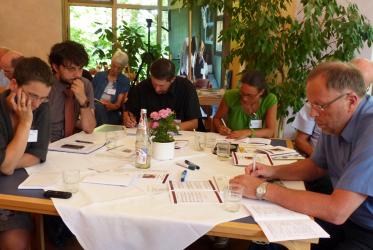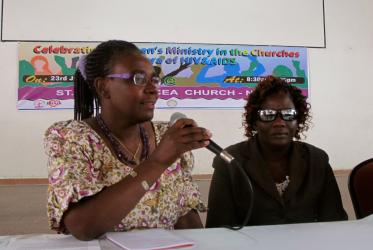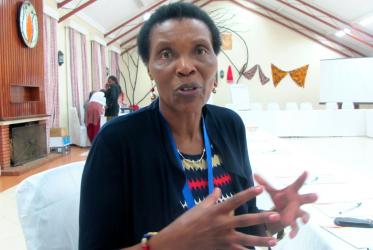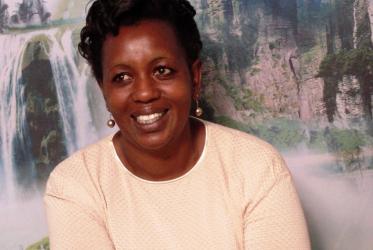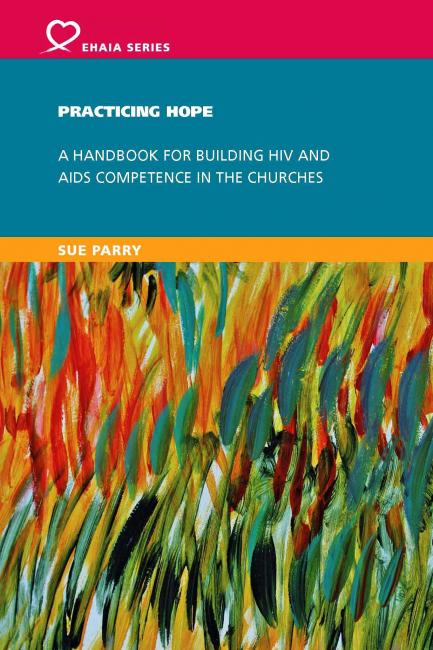Displaying 141 - 160 of 229
26 June 2015
Churches need to do more to tackle HIV and AIDS
23 June 2015
Churches have a special role to play in HIV response
18 November 2014
Dealing as a church with HIV
13 October 2014
Christian responses on health and healing
16 July 2014
Dialogue on HIV, sexual reproductive health and rights
12 March 2014
Thursdays in Black: zero tolerance for violence against women
11 October 2013
Christian values inspire compassion in addressing HIV
20 September 2013
Practicing Hope
01 June 2013
Churches must create and sustain healthy communities
09 April 2013
A church that listens fosters healthy communities
15 March 2013
